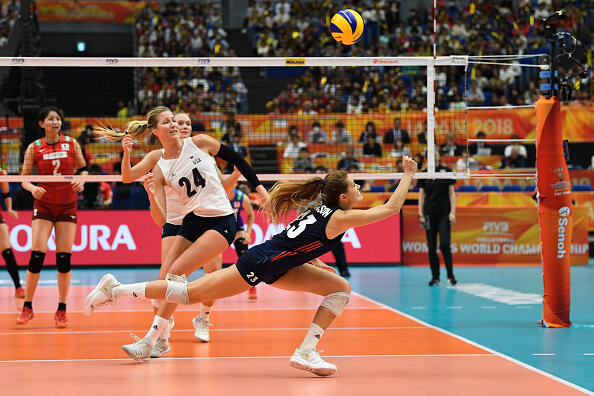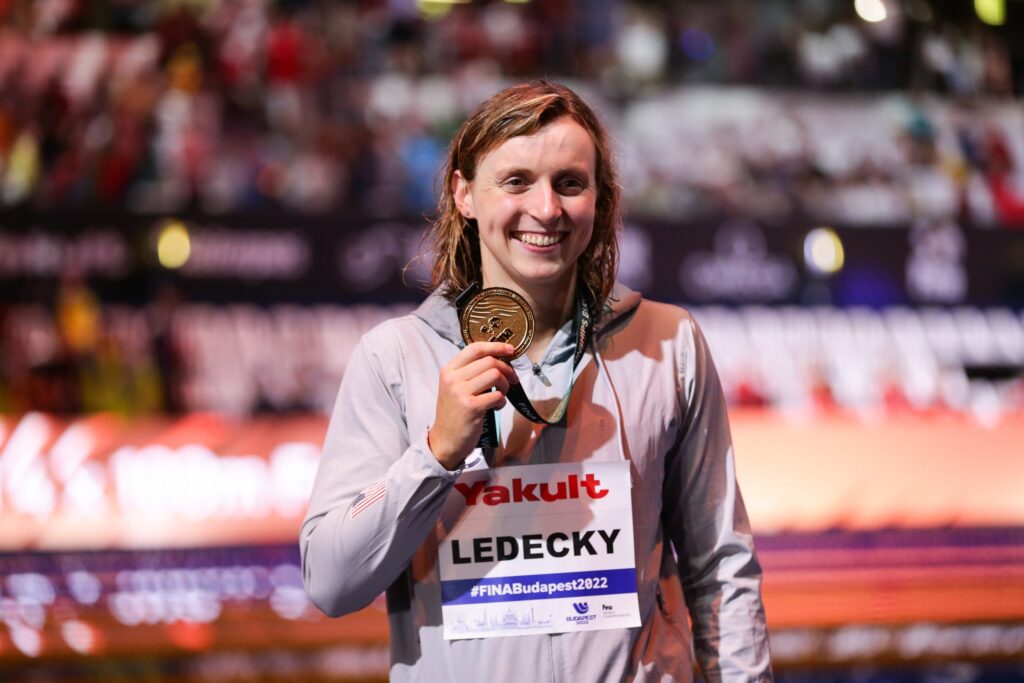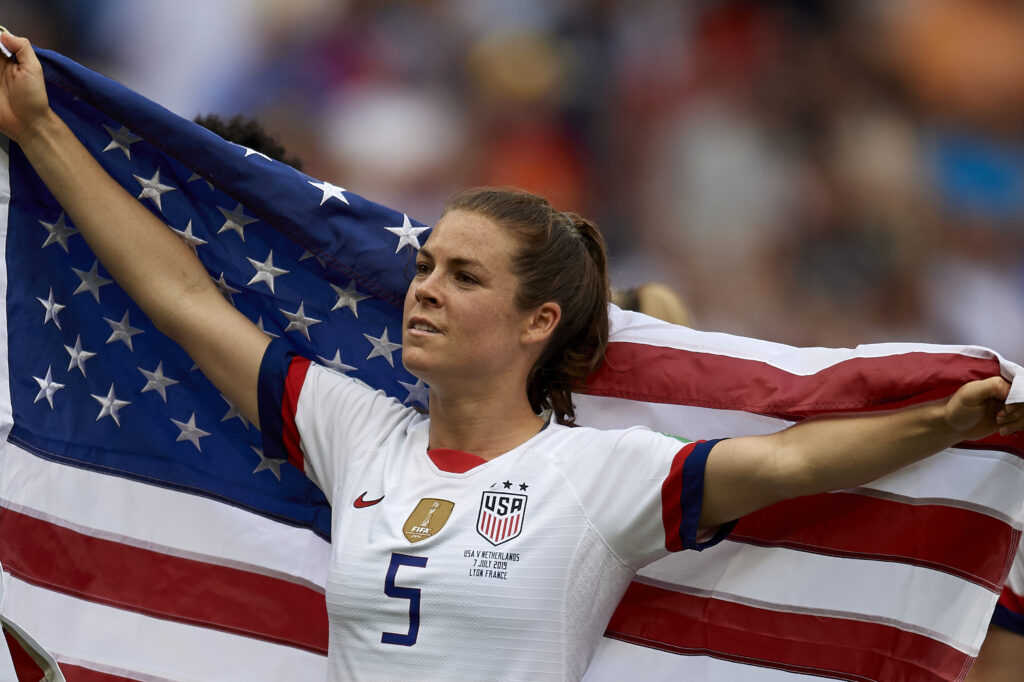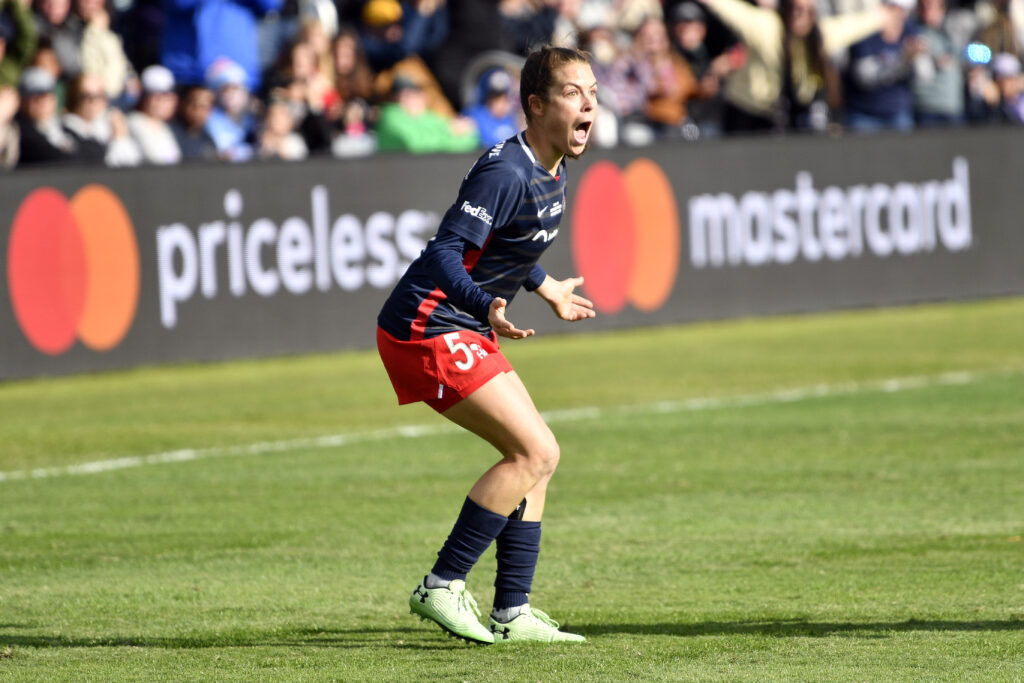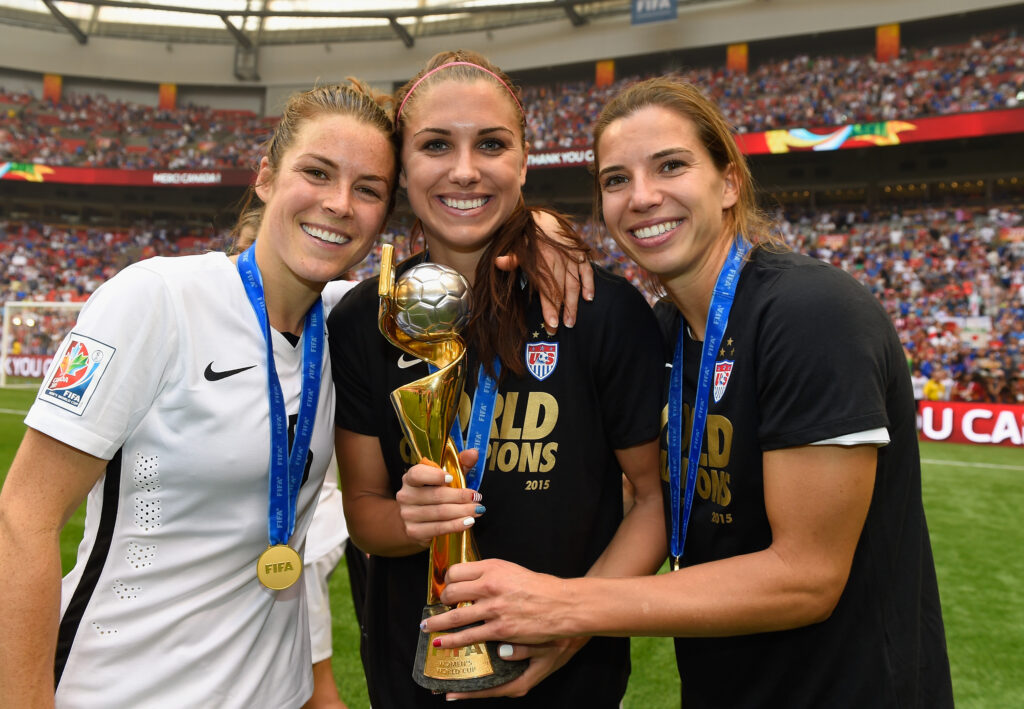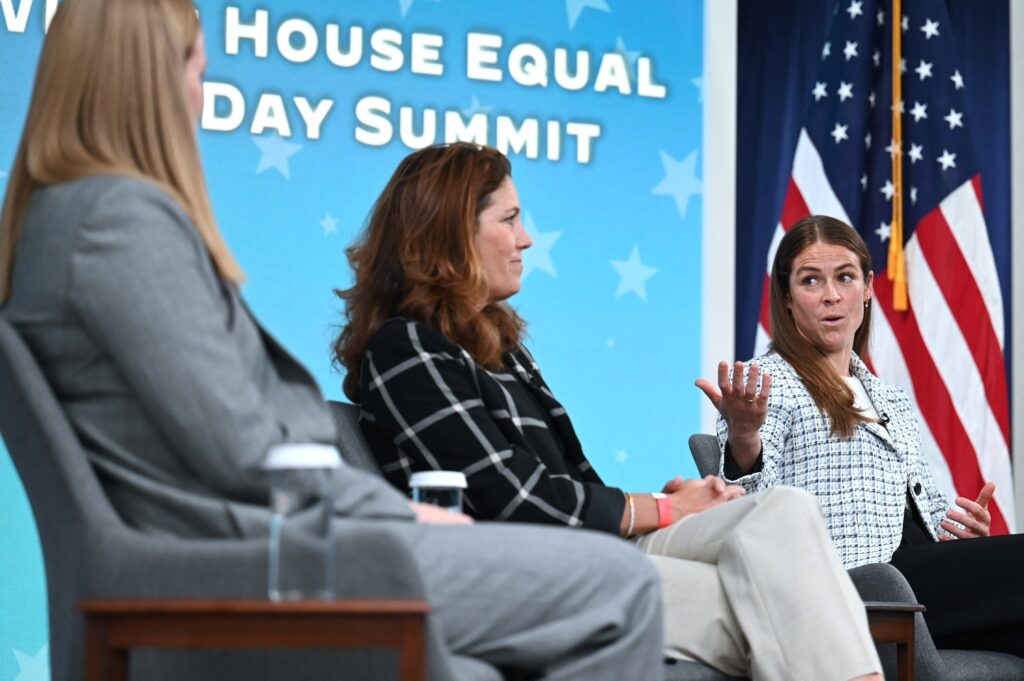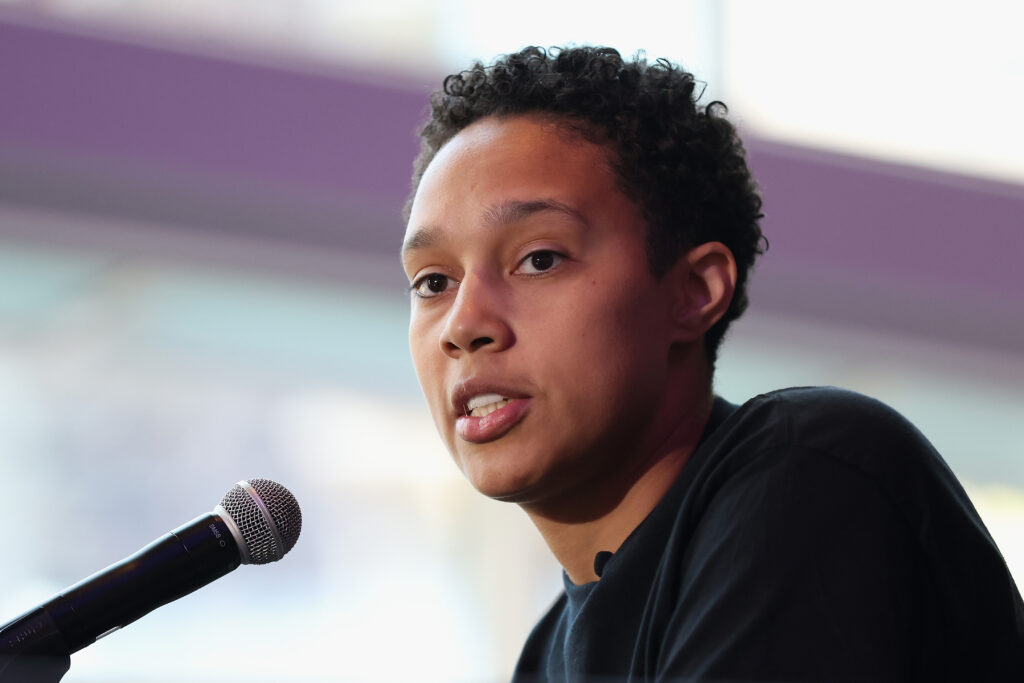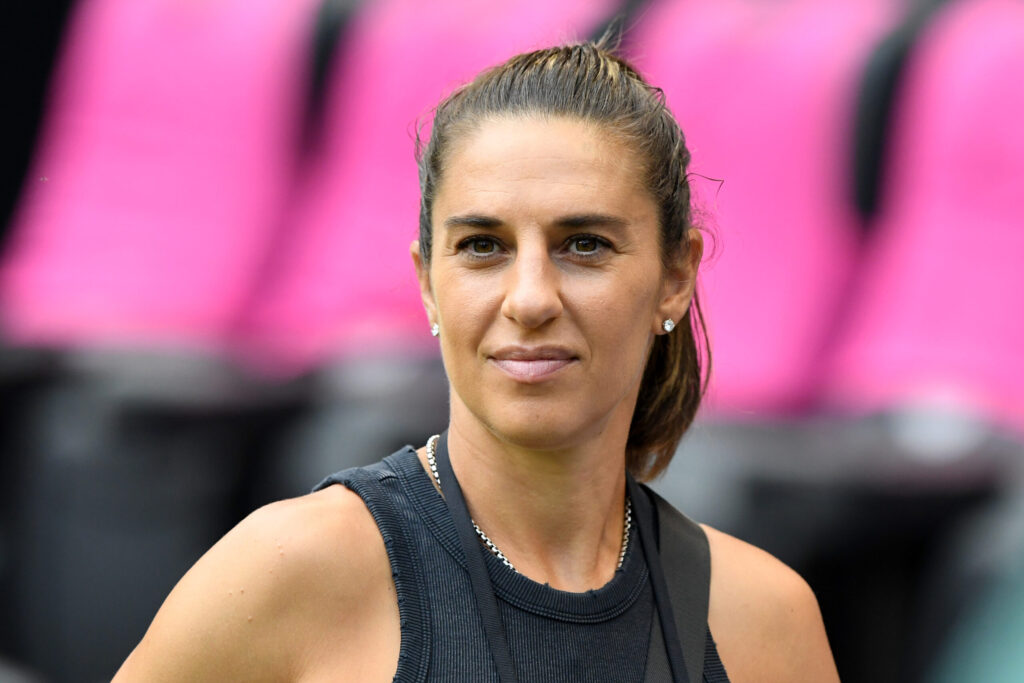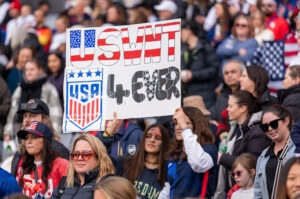From the time I first started playing volleyball, it was all I wanted to do. I loved the physicality, the competition, and being part of a team. Every moment I was on the court, I felt like a child on a playground. I even loved practice.
This passion guided me through high school and college and into my professional career. But soon, another obsession began to take hold of me: I wanted to become an Olympian. This quickly became my only focus. I was certain that if I could call myself an Olympian, my life would be complete. After that, there wouldn’t be anything else to prove. I would have reached the pinnacle of my sport. I could sit back, take a moment to relax, and appreciate my accomplishments.
But then there I was, alone, empty, and fatigued by the very thought of picking up a volleyball, just months after representing my country at the 2016 games in Rio.
I was supposed to be happy. Things were supposed to be perfect. I had set myself an ambitious goal and then I had accomplished it. But instead of feeling proud or content, I just felt lost and confused. The little girl inside of me who used to love playing for the sake of playing seemed like a total stranger, or a ghost.
I looked for ways to rekindle my passion. I set new goals.
I initially thought a season playing for Imoco Volleyball would do the trick, as my boyfriend (and now fiancé) would also be playing in Italy. But two weeks in, he walked away from his contract to return home to California. Just like that, the person I was counting on to share my downtime with — one of the primary reasons I was even in Italy — was gone.
Long story short, I got through it because I had to. As my dad often reminded me, I was a professional.
Don’t get me wrong — I truly loved the city of Conegliano, as well as my teammates, my coaches, and the league — everything, really, except the actual volleyball. It felt like I was just going through the motions on the court.
I finished the season and headed home to California to train with Team USA, lifting every day and touching a volleyball 5 days a week. I still felt lost, but I didn’t have time to step away. Being a professional volleyball player means playing eight months of the year with your club team and the other four with the national team. You only get one week off the entire year.
But as I waited for my passion to come back, I used my time in California to reconnect with those aspects of my life outside of my sport that I had been neglecting. I grew my relationship with my fiancé and built a strong foundation with my group of friends at home. I made myself available to those closest to me, and by the end of summer, I was finally starting to feel like myself again.
So much so that I decided to sign with Vakifbank Spor Club in Istanbul.
Though I hadn’t fully regained my passion, I was confident I could deal with the various nuances of playing professionally abroad. On top of that, Vakifbank was indisputably one of the best teams in the world. It felt like an opportunity I’d be stupid to miss.

Yet as the 2017 season began, my confidence was immediately put to the test. I was sitting behind a veteran Turkish player in her final year, and while I appreciated the intensity of my training, it was tough to stay motivated when I barely saw the court. And though my fiancé had come with me to Turkey, he was now battling a potentially career-ending injury and had to return to California for surgery, leaving me alone and struggling… again.
When the season finally ended, I went home, physically stronger than ever before, but mentally drained. Volleyball and I just weren’t meshing. It had become a job, and everything felt 10x harder than it probably was. I found myself clinging to my days at home and just trying to make it through my days on the court. All I wanted was to spend time with my family, my fiancé, and my friends. I wanted a normal life.
I couldn’t feel the passion, and I didn’t understand why. I was stuck in the past, trying and failing to remember how I had fallen in love with volleyball in the first place. Instead of passion, I felt a profound resentment for the sport that was supposed to be the greatest constant in my life.
But here’s the thing: sometimes when you’re in the trenches of doubt and self-inquiry, the answers you need just can’t find you.
It was only when I allowed myself the space to reflect on why I was spinning that I started to get a grasp on my situation. Stepping back, I realized that dedicating myself to some specific end goal or perfect situation was a recipe for unhappiness. I had set myself up for failure by thinking that becoming an Olympian would be the answer to everything, and when it wasn’t, thinking that I just had to have one good club season somewhere in order to right the ship.
What I realized was that goals are only a small part of the picture. They may help motivate you in the beginning, but you can’t expect them to be an enduring source of purpose. I knew I had to channel the little girl I used to be, the one who loved every part of the process, not just the end results.
Now what fulfills me are the hard days, those days when it’s hour 6 of training and I can barely move, but my teammates are still making incredible plays, despite there being no trophy to earn. It’s those practices when we are scratching and clawing for points, when I’m so exhausted that all I can do is lean on the other 5 girls and know that they are doing the same. Loving those days is loving the process.

Don’t get me wrong: winning championships and gold medals will always be the greatest high — but it’s those long, exhausting days in between the big moments where I find my purpose.
If I’m able to call myself an Olympian again, I know that it’ll feel 100x bigger than my first time around, because I’m no longer focused on the wrong things. I’ve stopped obsessing over the end results, and I’m no longer always looking ahead to what’s next. I know now that my job isn’t to win this or that trophy, or make this or that team.
My job is only to play.
